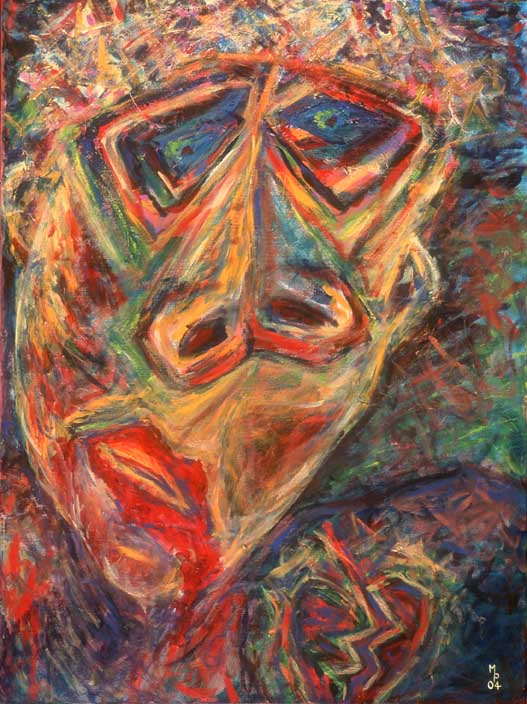 Life Coaches often are thought of as having their “act together.” Yet the most effective life coaches are those who struggle with common issues such as depression, anxiety, fear, and compulsive thoughts or behaviors. I cannot emphasize more than it is not in overcoming challenges that we find liberation. It is in the ongoing struggle itself that true inner freedom and renewal takes place.
Life Coaches often are thought of as having their “act together.” Yet the most effective life coaches are those who struggle with common issues such as depression, anxiety, fear, and compulsive thoughts or behaviors. I cannot emphasize more than it is not in overcoming challenges that we find liberation. It is in the ongoing struggle itself that true inner freedom and renewal takes place.
I can struggle almost daily with sadness. I am not using the word “depression” deliberately in this context. The sadness I describe is also called “situational depression.” It is very common and usually accompanies events and circumstances that are stressful or traumatic. This kind of sadness also results from being emotionally “wired” as highly sensitive. We can end up in a protracted period of feeling melancholy and loss which usually leads both to healthy and unhealthy strategies to move through it.
Clinical depression is very different in that many physicians believe it to be the result of brain chemistry imbalances that require a variety of therapies. Clinical depression can debilitate persons to such a degree that they often cannot function in daily tasks. Sometimes they retreat into addiction or self-destructive behaviors such as cutting or even attempts at suicide in order to cope.
My sadness usually accompanies changes that upset my life-balance. Most recently the discovery that I have arthritis in my lower spine resulting in pain when I walk or move a certain way has pushed the sadness button. We can come up with any number of such situations within or outside of ourselves. Merely being “patient” when such sadness envelopes us is not a viable option.
Periods of melancholy and sadness can pepper our entire lives. They don’t stop us from functioning at work, at home, and in our relationships. Usually we eventually shift to a more positive mood when we the sadness has run its course. We sense in our core, however, that we will always carry the tendency to react to some situations with sadness.
Sometimes this existential sadness shifts further to anxiety. Anxiety is a kind of fear, sometimes identified with a particular activity such as flying, or environment such as close spaces. Anxiety shows up as sensations in the body such as an abdominal or head ache. It’s an uncomfortable anticipation of what “might” happen. We don’t feel in control and so put up our defenses “just in case.” Anxiety can also indicate a fear that the sadness we feel may not end.
Lately my anxiety has shown up concerning walking, a pastime I have enjoyed all my life. I fear that the arthritis will put an end to long walks in the city and hikes in the woods. Right now walking for any distance can be a strain and drains me of energy. The thought of limiting my walking or having to take anti-inflammatory drugs the rest of my life pushes my anxiety button.
So how might we deal with sadness and anxiety? The only solution I’ve found is in acceptance and gratitude. These sound like simple enough actions to take. The difficult piece is bringing them into consciousness.
Sadness and anxiety tend to make us feel as if we were caught in a nightmarish, endless loop. These feelings so dominate our psyche that to address them we need deliberately to pause, reflect, and shift our consciousness from our mind to our heart.
When sad or anxious our mind is busy feeding on hormones that stimulate the primitive part of our brain that we use for “flight, fight, or freeze.” We’re in survival mode. Our breathing becomes shallow and the event produces hormones that interfere with our rational thought.
When we consciously shift to the heart, along with deep breathing, we stimulate a different set of hormones that actually calm us and bring about a peaceful relaxation response. Consciously accepting reality for what it is, rather than what we want it to be is a function of the heart and soul. We invite ourselves to show up in the world in a new way. We begin to accept change and therefore accept ourselves as we are. This self-acceptance is called “love” and we sometimes forget that we need it from ourselves even more than from others.
Gratitude for who we are and what we have further shifts us away from sadness and anxiety. Gratitude increases the feeling that we are loved, that we are enough, that we will plow through the present moment and be just fine in the end. Gratitude increases our faith that we’re beginning a new phase in life and not approaching a dangerous precipice.
Acceptance and gratitude are antidotes to sadness and anxiety. We will never be able to avoid them, but we can treat them as friends rather than nuisances. We can use sadness and anxiety to trigger grateful acceptance, and so learn to live better with life’s ambiguities.
© Copyright Michael Parise 2018
Portions excerpted from Michael’s book: Life Interrupted, Taking Charge After Everything Has Changed
Since 1979 Michael has worked with individuals and groups to take full advantage interruptions and changes to balance responsibilities, simplify their lives, and find greater productivity and peace.
Want Michael to speak for your next event? Or hire him as your personal executive Life Coach to improve your relationships at home and at work? Call 813-444-9641 or email: parisecoaching@gmail.com.
